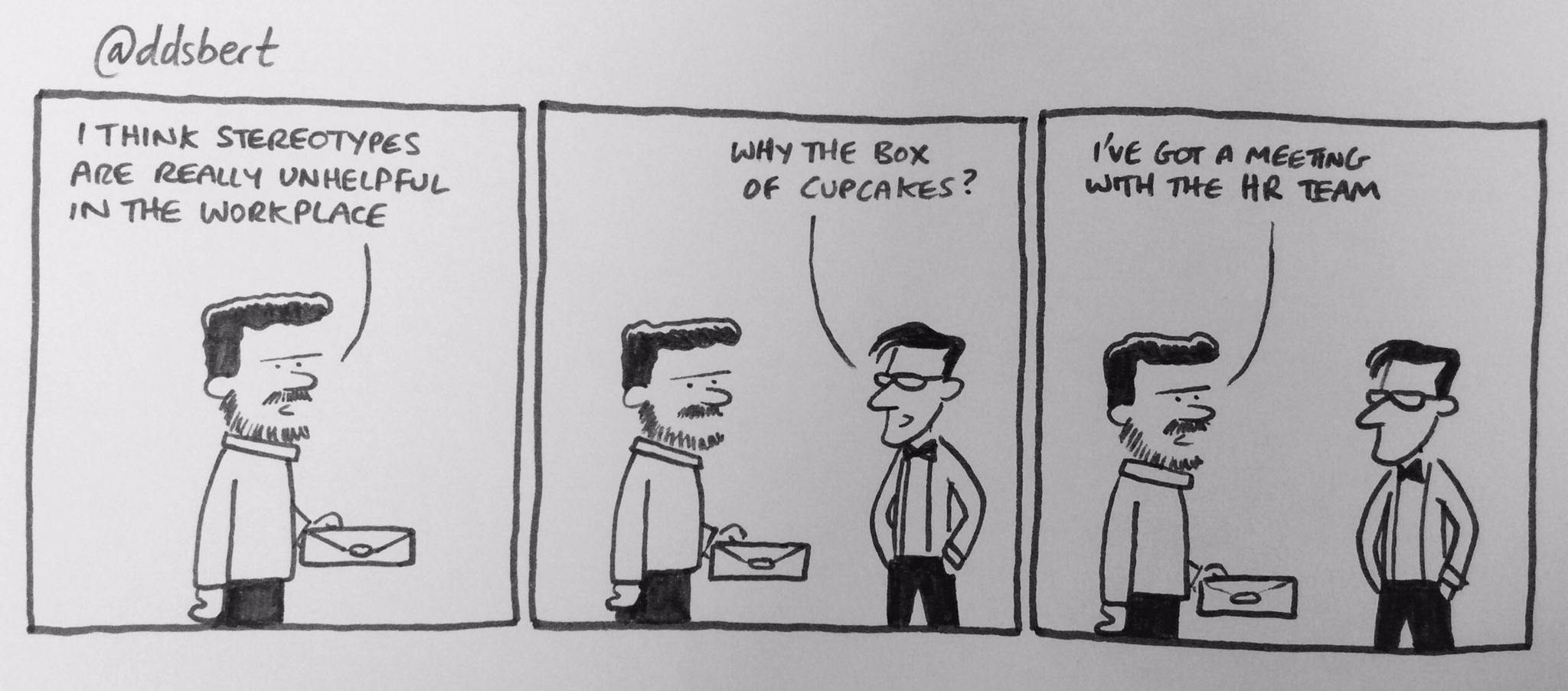Synopsis: why a more distributed sharing of information might make people’s contributions less enduring, but more useful.
There will never be a statue made of me*.
There’s a high chance that if you are reading this you want get one either. I’m not suggesting that you reading this is the cause of that, but rather that it’s harder to warrant a statue these days. You were born in the wrong time to get a statue.
Estimates of the population of Ancient Athens put the number of men with civil rights (as in those who could ascend to fame/fortune, apologies to everyone else) at between 30-60,000.
So when you think of Plato, Socrates, Aristotle or Herodotus then their competition for fame and recognition was actually limited. Big fish in small ancient pond. Ancient Athens had about the same population as Scarborough**. I was always amazed that Aristotle was Alexander the Great’s teacher. That just seemed a ridiculous collision of famous figures. When you realise the finite pool of educators that would have been available to school Alexander from a population that small you start thinking that maybe Aristotle only got the gig as there was nobody else available. Anyway, I digress…
The chances of rising to statue level prominence in this world is constrained by a number of factors, but it would seem reasonable to assume you needed to live in a time and place affluent enough to have the time and resource to build statues whilst also, ideally, in a period with a relatively low population. Or you could rise to the absolute top in a dictatorial state and get to build statues in your lifetime. Most people reading this are automatically ruled out of the running based on those factors (if you are a world leader reading this blog or a time traveller please drop me a note in the comments).
We live in a time where people appear to be famous for 15 social media postings. There is perhaps even less permanence to recognition than ever before and possibly even less reason to it as well. When millions of people follow other people online for staged holiday snaps that those people use to try and get free holidays to take more staged snaps on… I’m not sure that feels statue worthy. But more people will be following those snaps than ever were exploded to the teachings of Socrates in his lifetime.
That obscene volume of shared content in the modern world leads to some interesting things in a professional space.
I’ve rated them from bad to good (in my opinion)…
- A host of influencers that add nothing to the world’s knowledge – on some days you could read the average Linkedin feed and be stupider at the end of it. If some content is enriching there then there seems to be a lot that is impoverishing. If your problem was a lack of people telling you they are better than you because they are their ‘best self’ then that problem is now resolved for all time.
- A bigger group of people able to share quality ideas than before. I make it onto lots of lists of influencers (of varying credibility, to be honest I’m on one for “Cloud Influencers’ and I can’t even persuade a cumulonimbus out for a drink). There is something remarkable about being on a list of 100 people in quite a niche area of expertise and technology being able to help make them all being contactable. I have no idea how differently my career might have progressed if the sharing of challenging ideas was so easy earlier in my career. We now share information and ideas around far faster and more efficiently than when one battered copy of In Search of Excellence*** was being passed around the office.
- A community of ideas being shared. People accelerating their own development by learning with and through each other. I think this is an excellent thing. An inspiring thing. When I see students sharing their thinking and experience I think we live in a wonderful time. When I see experienced professionals doing the same I feel the same.
None of these people will get a statue. We are no longer in the time of a small collection of people bestriding a profession or area of expertise. And I think that’s a good thing.
A diversity of voices and thinking that can help shape things.
—-
* this post came about because I passed a few statues in London and read the descriptions of people and realised their modern professional equivalents wouldn’t get a statue. I don’t spend large amounts of time pondering over whether I’ll get a statue. Getting stopped everytime I pass through airport security makes me feel special enough.
** this is lazy thinking. Obviously Scarborough’s population as quoted doesn’t include just males involved in the political system, so I’ve either underplayed the population figure for Athens or overplayed it for Scarborough – just to make a cheap point.
I’m writing this on public transport and the thought of flicking between apps to work out the actual figures means I can’t be bothered to do this work properly. I’m not sure that this is how all fake news is generated, but it’s definitely how fake news about the relative populations of Ancient Athens and Scarborough is created if you are using the WordPress app. I’m very aware of this. I’m an overthinker.
*** look it up kids. We thought Wang Labs was going to rule the world

